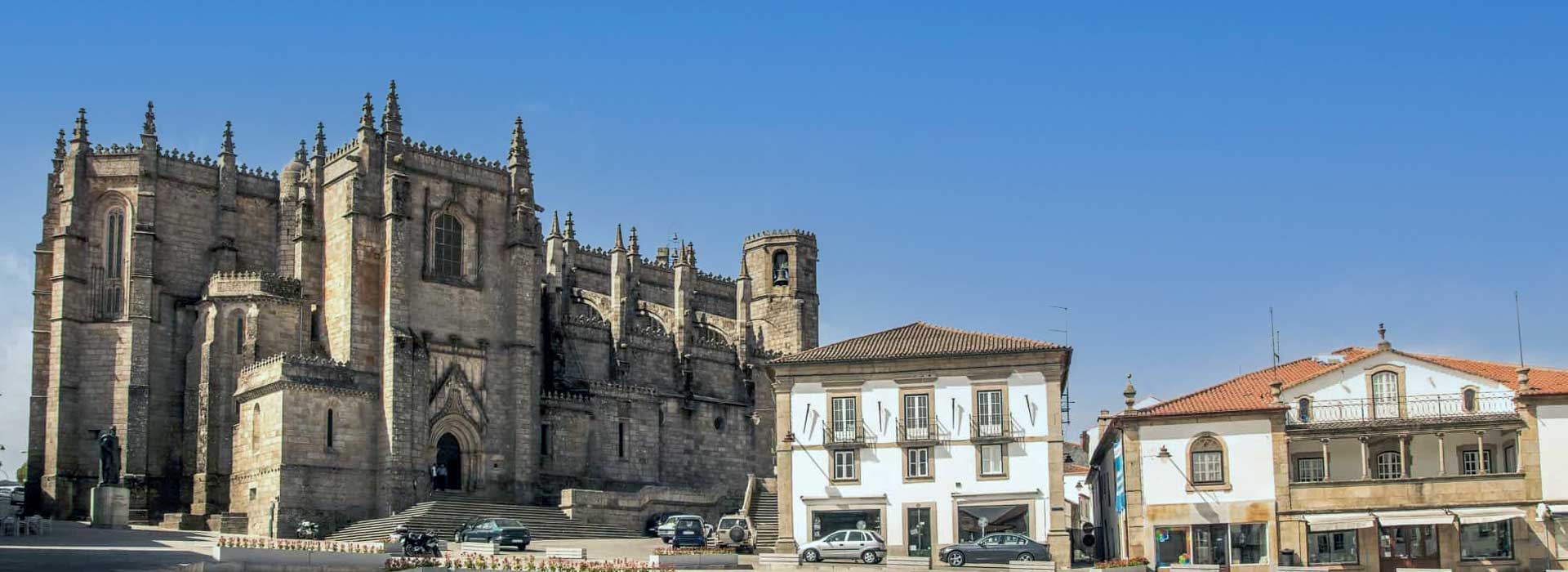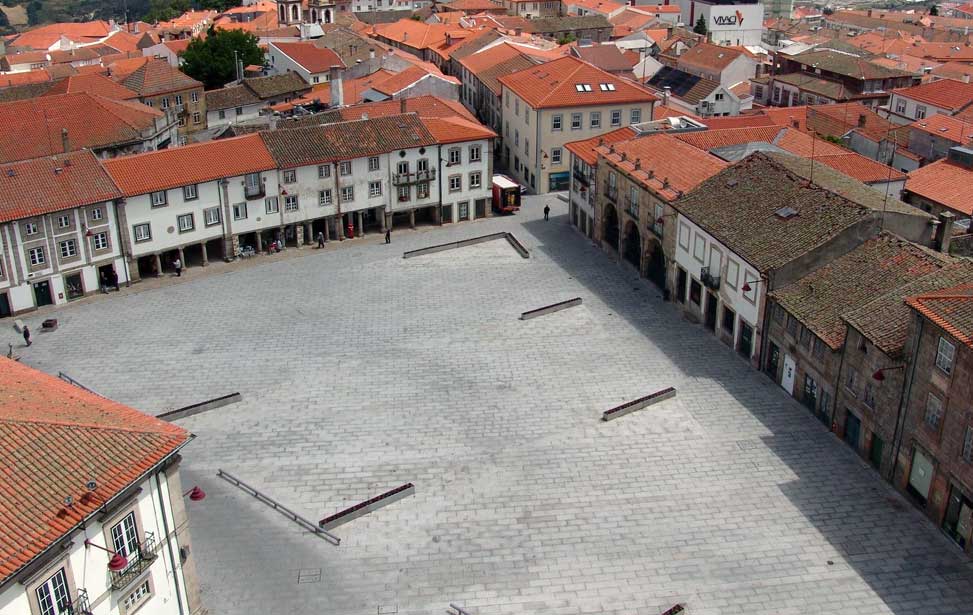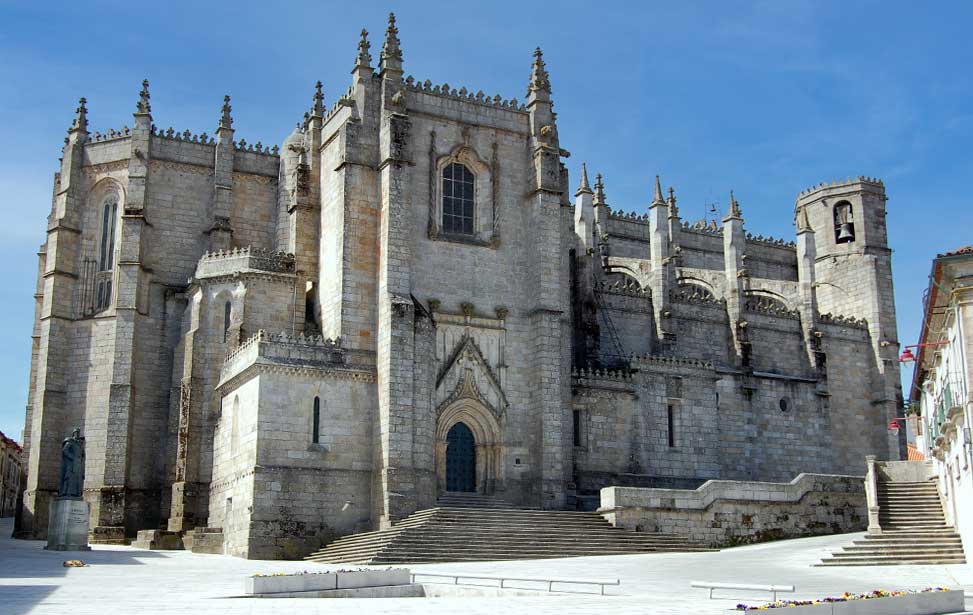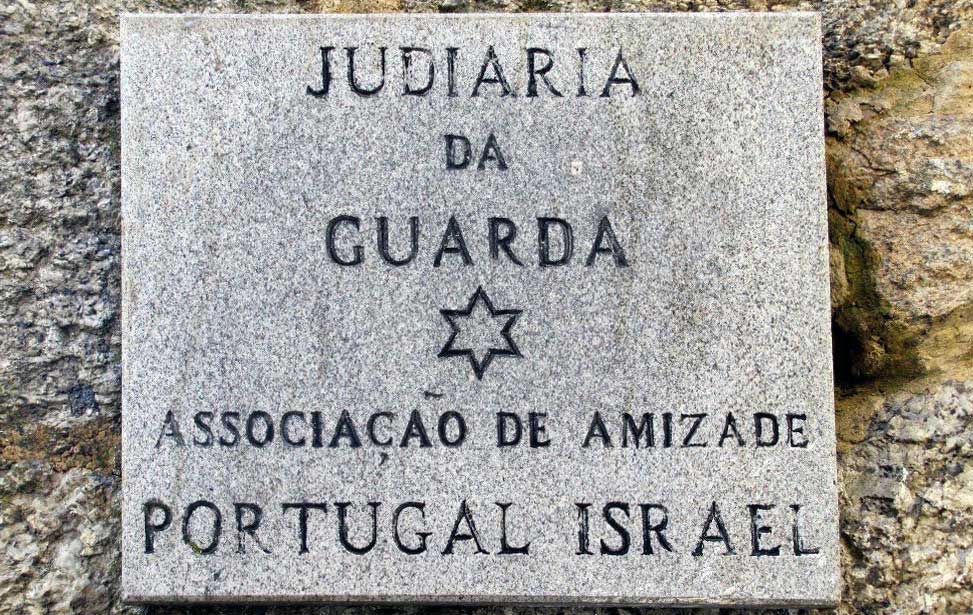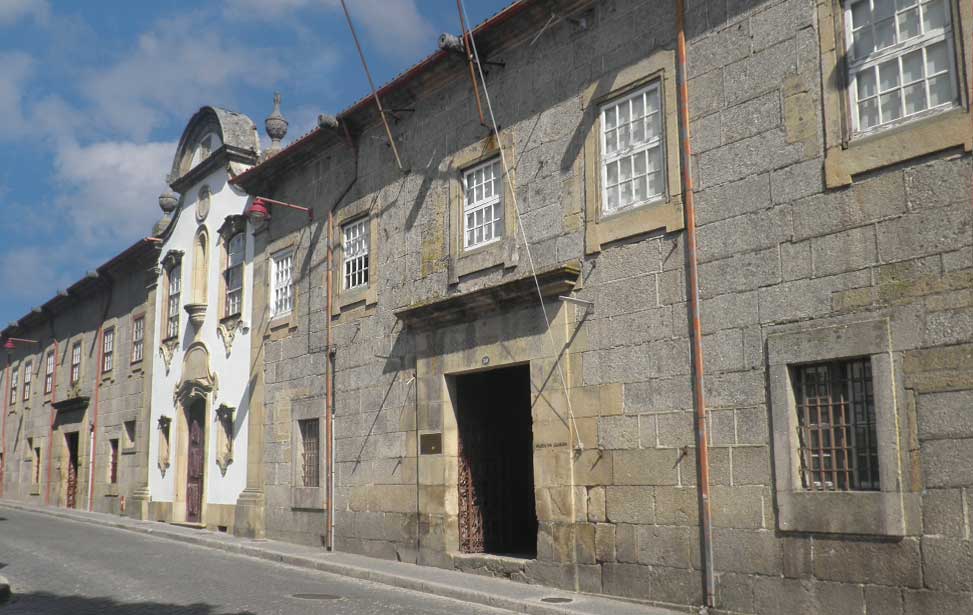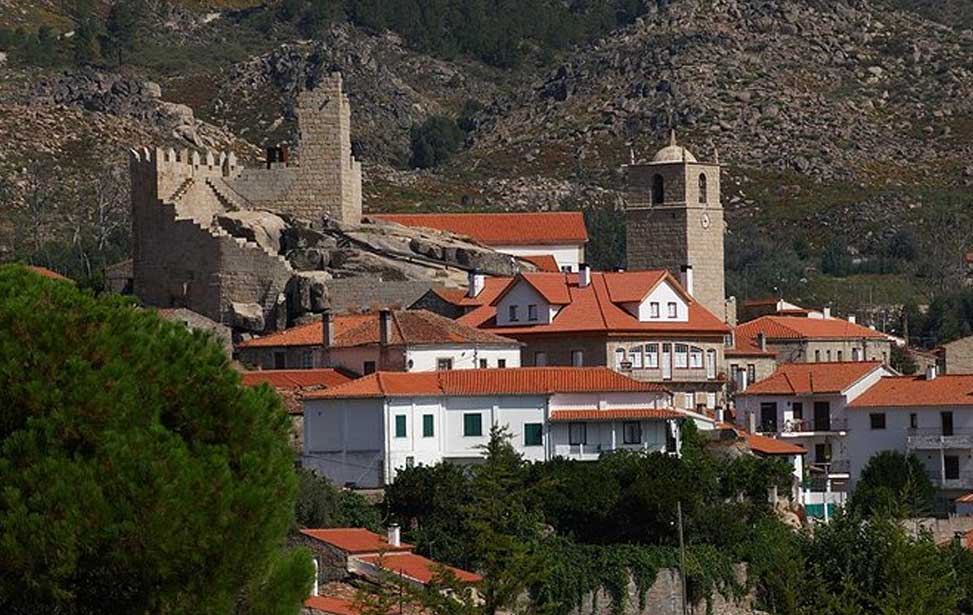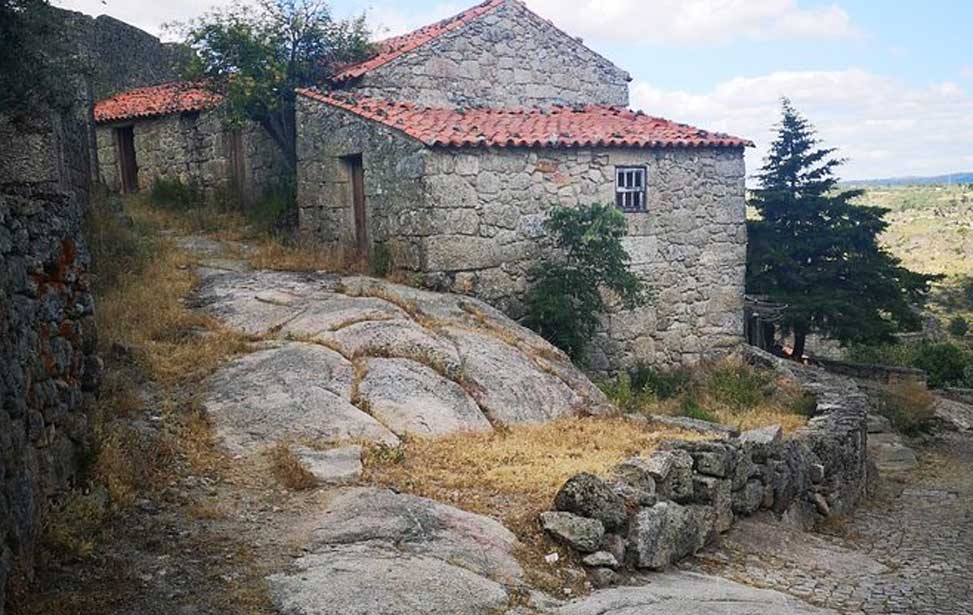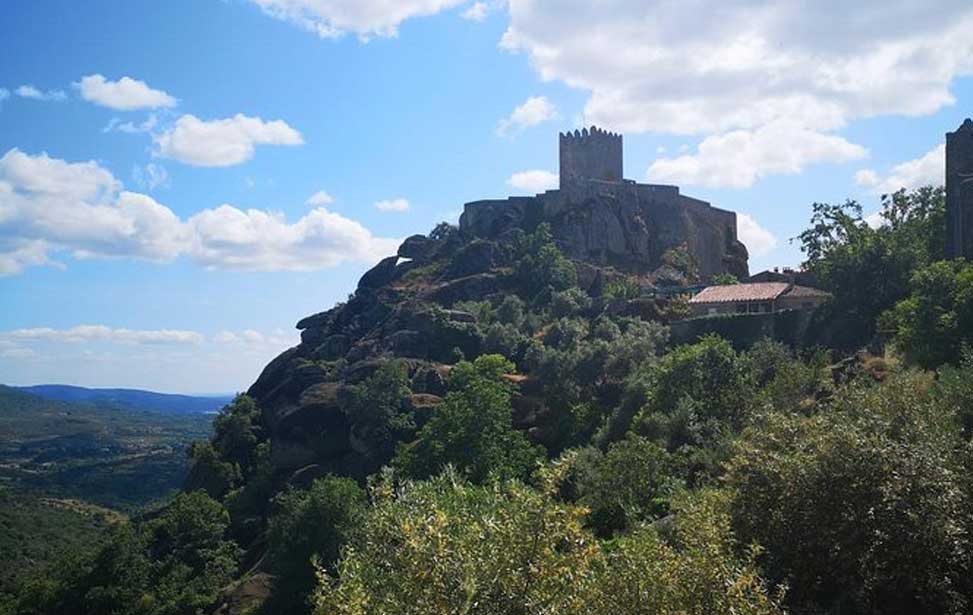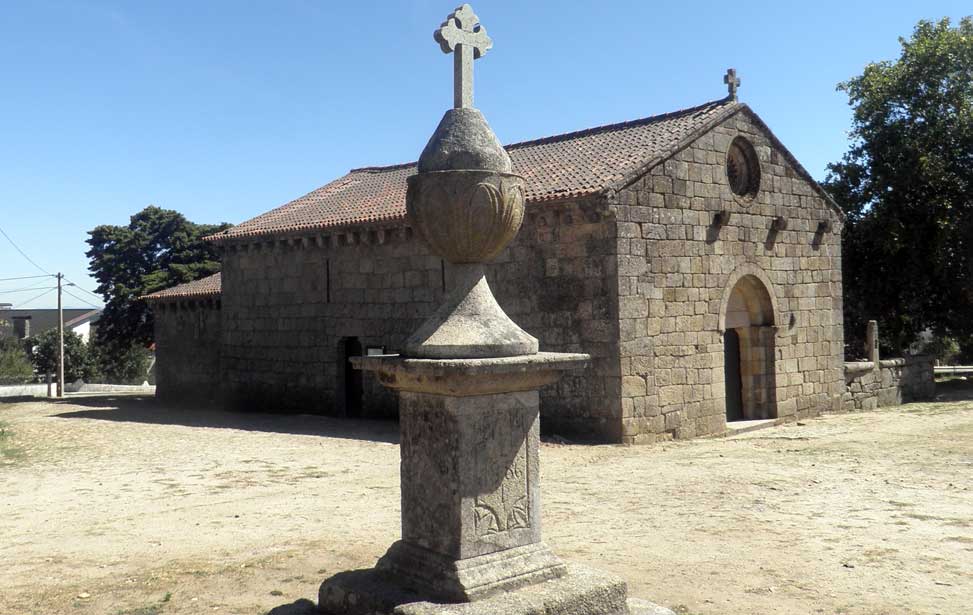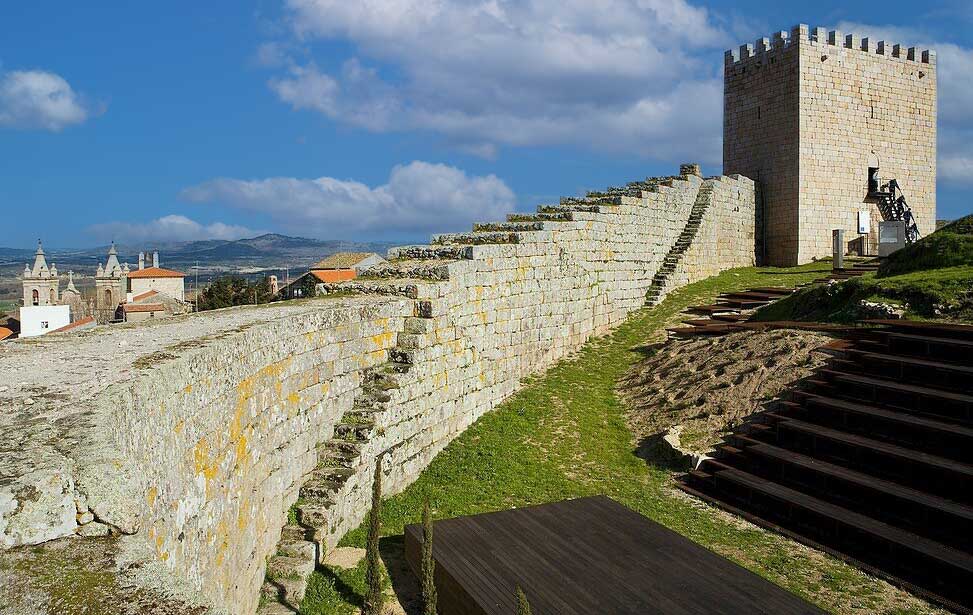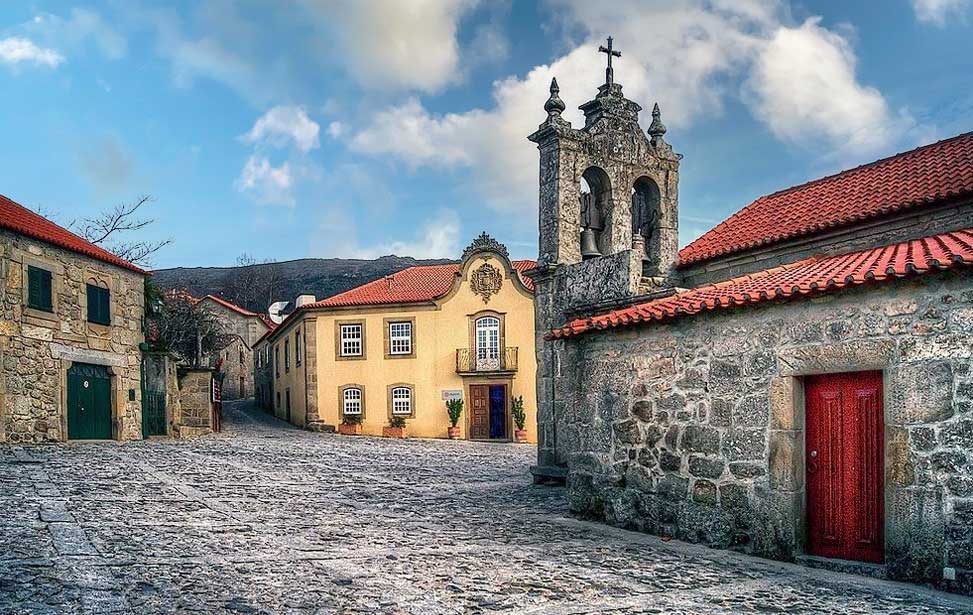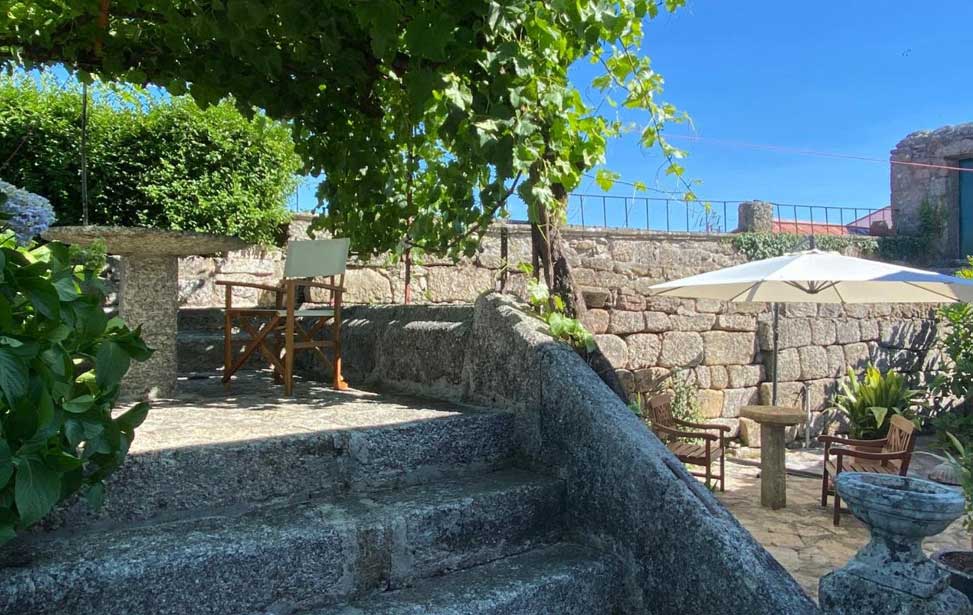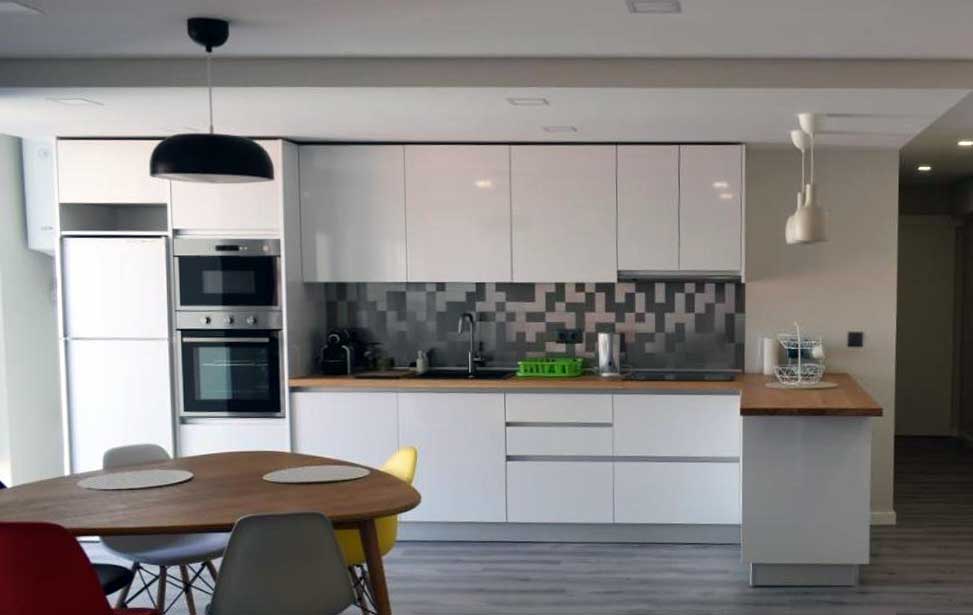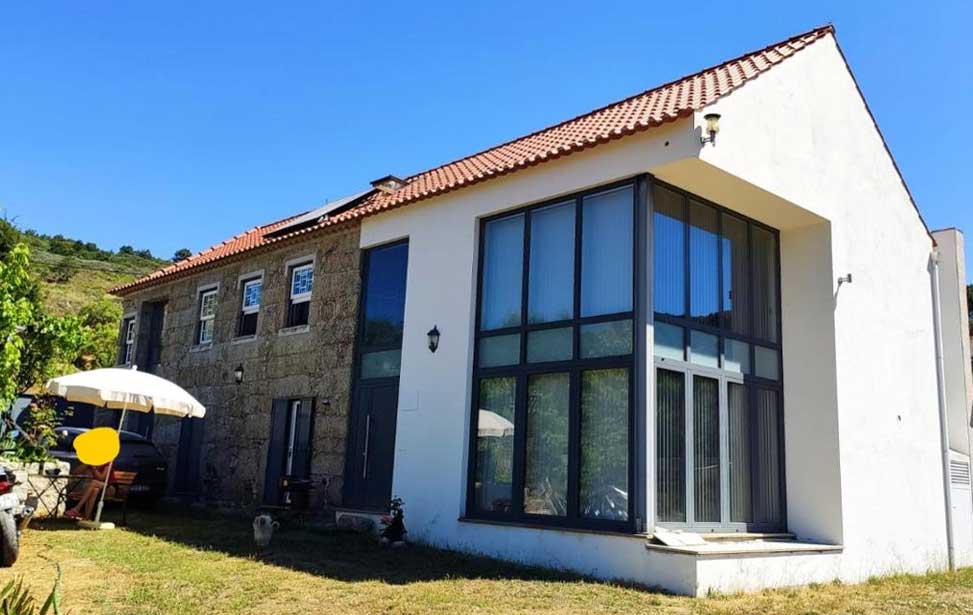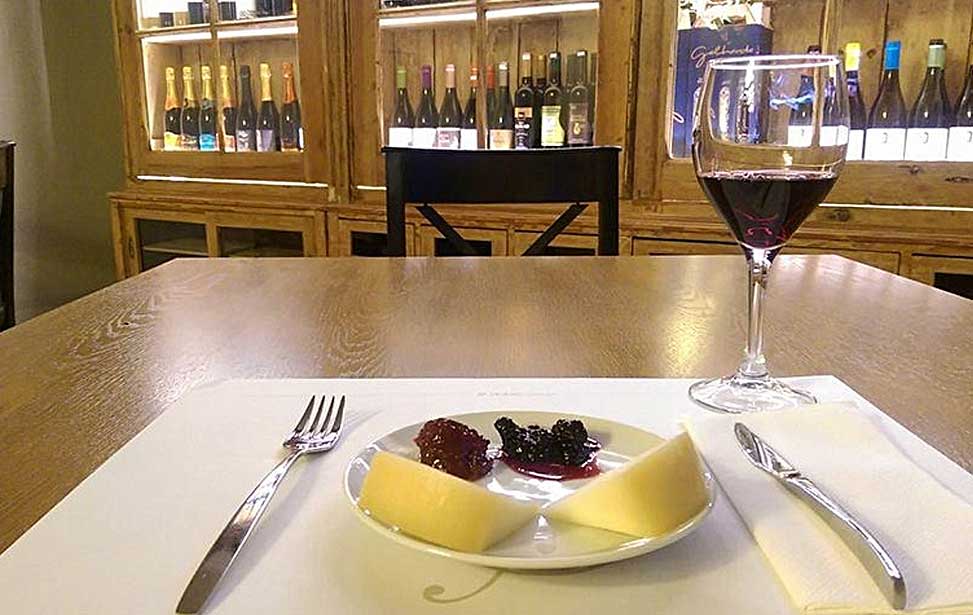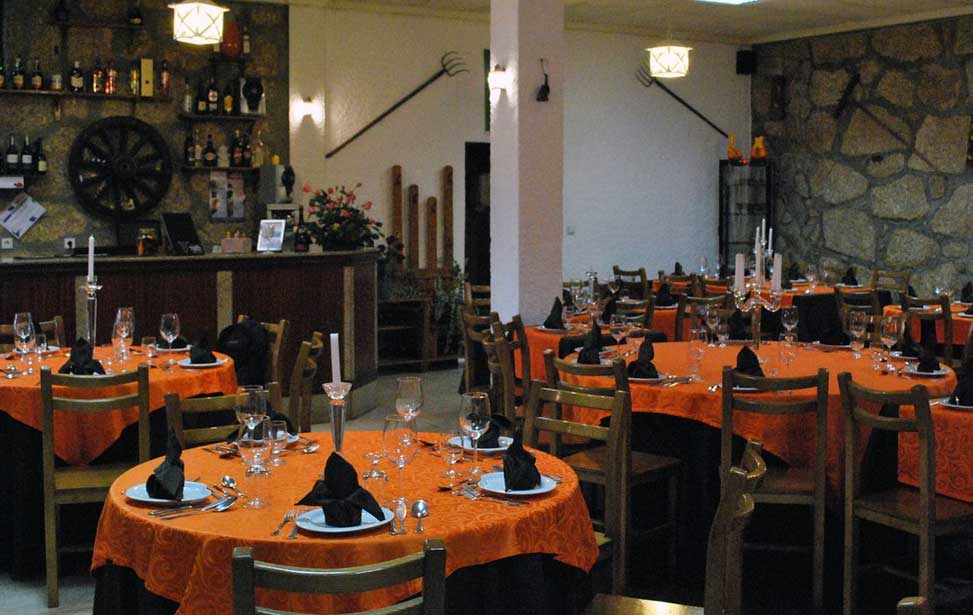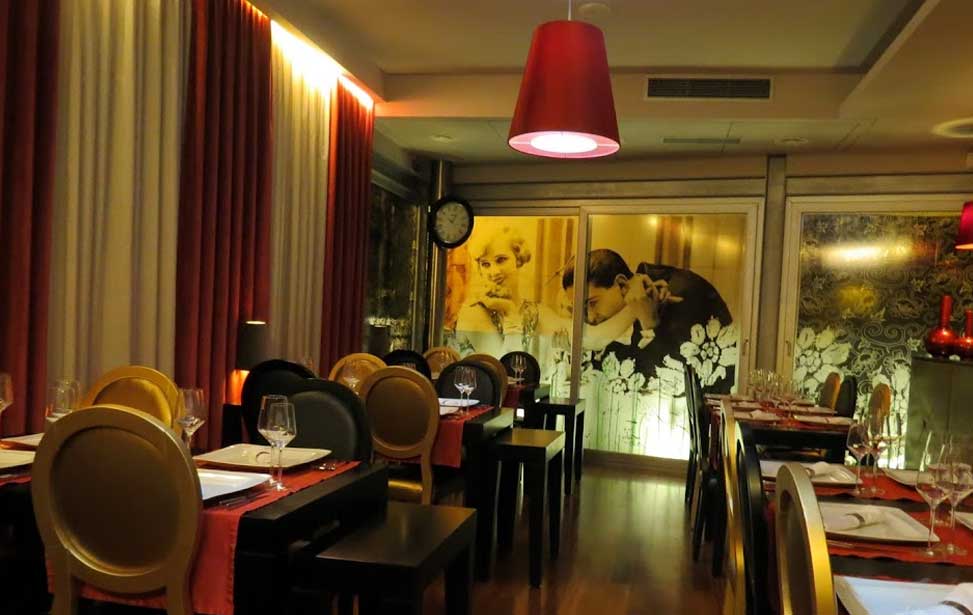GUARDA
From a vantage point of an elevation of 1056 metres (3465ft), Portugal's highest town played a strategic role for successive civilisations; The Romans, Visigoths, and Moors, before becoming a decisive sentinel settlement for the Portuguese. Its tactical importance earned the town its name, Guarda meaning "to guard". The current town was established by the second king of Portugal, Dom Sancho I, in the 12th Century and many of its original defensive ramparts still remain, including three gates. It continued as a bastion against invaders right up to the 1800s. Guardas fortifications were utilised by the Duke of Wellington against the French during the Peninsular War.
Today Guarda serves as an excellent base for ramblers and adventure seekers wishing to explore the Serra da Estrela, Portugal's highest mainland mountain. Throughout the region many picturesque hilltop villages and castles are within easy reach, such as Seia, Manteigas, Figueira do Castelo, Pinhel and Almeida. Others come here to marvel at the spectacular beauty of the National Park, the wildlife and spectacular views. Also, people come here in winter to enjoy skiing in Portugal's only ski resort at Serra da Estrela's highest peak at Torre.





